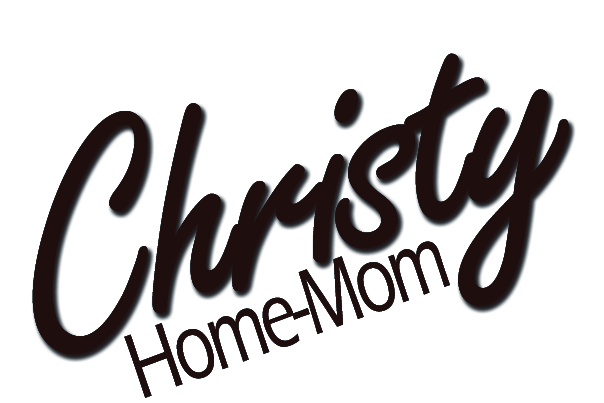(This couldn't possibly be from me washing and drying it that one time, oops)
Other than that, It's amazing!
Chances are if you don't use cloth diapers or are new to cloth diapers you don't really have much knowledge of wool. At least I didn't. CDs can be a lot to take in at first. Wool is everything you'd want to pair with cloth diapers. Let's get to those environmental properties.
Tell me what other material...
- is waterproof
- but also absorbs (The Hubs said adsorb, Nerd)
- is breathable
- can keep baby cool in the summer
- and also keep baby warm in the winter
- is naturally antibacterial
- and doesn't have to be washed near as often as other diaper covers.
Hubs was right. His IQness makes me feel so DumB sometimes. So what's the difference? Glad you asked because
I Googled it!
Absorbtion is something we all know about. It's what happens when one substance's molecules encompasses or takes in the molecules of another. Think about wiping up a liquid mess with a sponge.So srsly, what does this mean to the rest of us who could care less about technical terms? The results are amazing! At first I couldn't wrap my mind around the idea of a fabric not letting water soak through, be antibacterial and fight odor smells, and pull moisture from baby's skin. To tell you the truth I still can't, it's mind boggling but I know it works and it has nothing to do with laminates or plastics.
Now Adsorbtion with a 'd' is what happens when one substance's molecules stick to the surface of another.
Think about the silica packet that comes with new pair of shoes. It pulls all moisture in the air keeping your shoes nice and dry.
By the way, googling things does not always make you an expert .)
Cost
The only thing that has kept me from having more wool is cost. Wool can be very expensive. So what is a mom who has just found gold do about this little setback? Go shopping! At thrift stores that is. Wool is wool, used or brand new. In the weeks to come I'd like to purposefully shop for wool sweaters.
Types
Now as you now wool can come from sheep, but in my google researching frenzy I also found some other known and not so known wool making animals. The alpaca, llama, muskox, and Angora rabbit all produce wool. Wool refers to the fibers coming from certain types of mammals. It's not the same as hair or fur in that it's fibers are crimped, elastic and it grows in clusters. Clusters ruled my hair out. The type of wool I'm referring to is from sheep. Most of these animals also create the secret ingredient that allows for all these amazing properties.
| courtesy of Wikipedia-Wool Wool.www.usda.gov.jpg |
Secret Ingredient
Lanolin is the waxy substance secreted by wool bearing animals. The lanolin most widely used for humans comes from sheep.
What's it's role in nature? It helps to protect the animal from the elements, weather, heat, water etc. The animal's hygiene also depends it. It has an antibacterial and antifungal properties that protect the animal's skin from infection.
The Verdict's in!
You already know I love it. Who else would take this much time and write on and on about something they hated, okay people have been known to do that. I guess I'm trying to say Wooly is here to stay. As I use my PUL (Polyurethane laminate) Diaper covers. Let's face it pollutants are all around us. There's no way we can escape them all. The best way to go about it is to eliminate a few here and there. So we limit covers for when we leave the house and use wool for naps and bedtime. Other wise my un-potty trained kiddos run free or have a folded flat or prefold diaper on.
The Challenge
Find as many wool sweaters as I can, buy what I can afford and make wool covers. Nothing I'm doing here is new. Lots of other moms are doing the same thing and some very successfully as a business from home. I don't think my previous posts "Wool is Cool" and "Wool is Magic" have done wool much justice in the past. My job is not to crusade cloth in everyone's face and make people convert. I'll try to present the facts as best as I can and let the evidence speak for itself.
Please, please, if you find any faults with my findings comment and let me know. Comments and questions are always welcomed. Continue to follow me as I journey into the clothdiaper making world, even if it's only for my babies and my babies' babies.
Researching Sources: The Hubs, GoodHouseKeeping.com, eHow.com, Wikipedia.com and lastly I'd like to thank Google for pulling it all together allowing me the opportunity to feel smart.
 Pin It
Pin It


